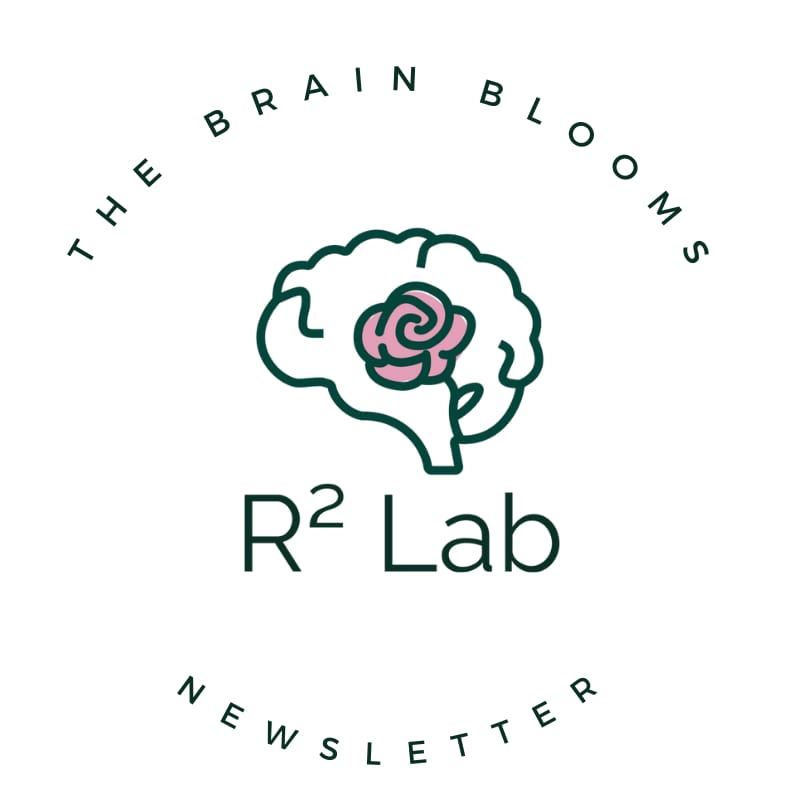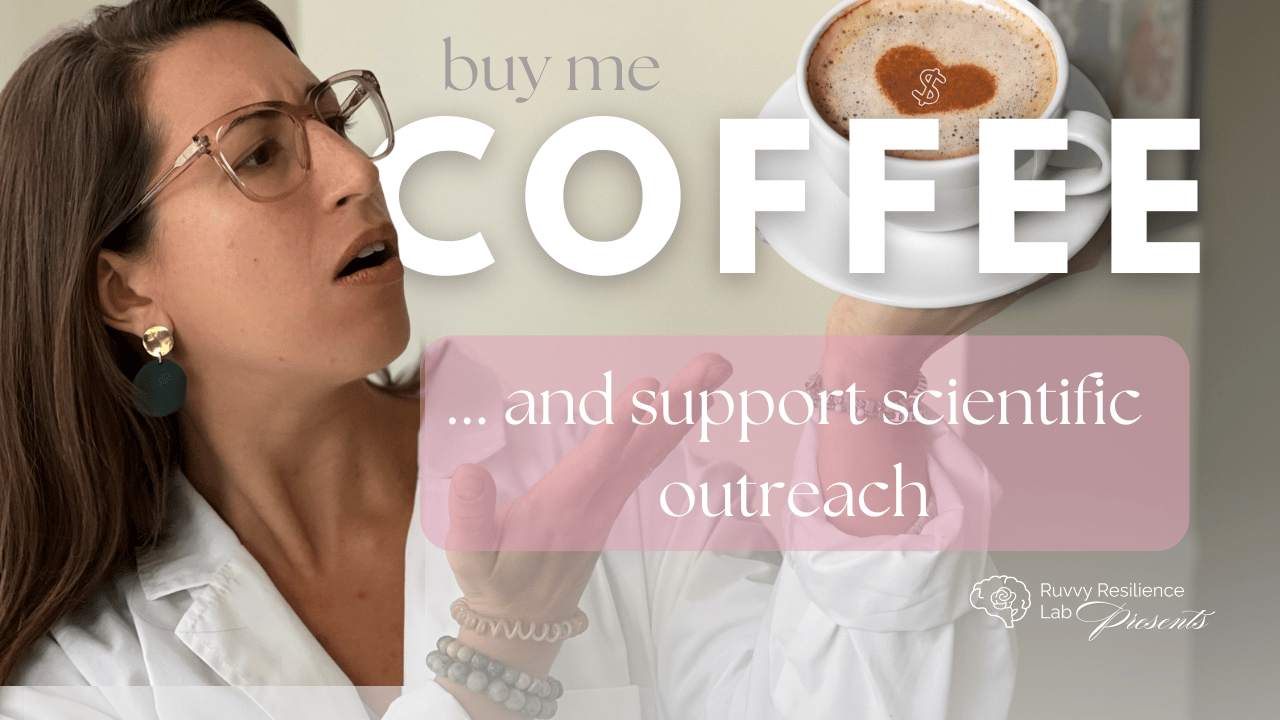- The Brain Blooms Newsletter
- Posts
- Careers in Psychology and Neuroscience
Careers in Psychology and Neuroscience
Announcing our graduate school series!

Recently graduated? Applying to secondary degree programs? We’re here to help!
In this week’s newsletter, we kick off our graduate school series by talking about different careers at the intersection of psychology and neuroscience, and the training to help you get into the job of your dreams. If you have specific questions about graduate school, email us at [email protected] and we will answer!
🔍 What can I do with a Bachelor’s degree in Psychology or Neuroscience?
Congratulations! You got your Bachelor’s degree. Now what? If you’re planning to apply to master’s or doctoral programs in psychology or neuroscience, getting a job as a research assistant, laboratory technician, or lab manager is a great next step. Some folks stay in these roles permanently and some folks continue with their educational journeys after spending one to three years in such roles.
You can also bring your skillset to jobs in the data science space, pharmaceutical industry, and scientific communication or advocacy. Love to code? A data scientist role might be a good fit for you! Passionate about making a difference? Jobs at nonprofits, in government, or with lobbying organizations could allow you to bridge your scientific knowledge with action and advocacy. Many organizations also have opportunities for you to pursue a Master’s degree with financial support from the organization. This can open up new doors and pave the way for future promotions!
🔍 What types of graduate degrees are there?
Master’s degree
Master’s degrees may be a stepping stone for future training or a terminal degree, depending on one’s career goals
If you are looking to be a licensed therapist, an educator, or someone working in a lab, at a nonprofit, or in the science communication/advocacy space, a Master’s degree could be right for you
Example Master’s degree programs include art therapy, social work, dance/movement therapy, counseling psychology, and others
Doctoral degree
Doctoral degrees are terminal dgrees
If you are looking to be a licensed clinician, a college professor, or someone reading a research program at a University, hospital, institution, etc., a doctoral degree could be right for you
Example doctoral degree programs include clinical psychology, industrial/organizational psychology, neuroscience, developmental psychology, and others
Medical degrees
Medical degrees can be terminal degrees
If you are looking to provide patient care or have opportunities for conducting research that intersects with and integrates the patient experience, a medical degree could be right for you
Example medical degree programs train physicians (MD, DO), nurses (RN, NP), and physician’s assistants
🔍 How can I learn more about these degrees and determine which one might be right for me?
Dr. Ruvvy has worked closely with the Anxiety and Depression Association of America and colleagues across the country to put together guidance for navigating careers in psychology and neuroscience.
In this video from Dr. Natalie Hellman, you can start with a guided exercise to reflect on your personal values and goals that can guide your decision-making.
At the bottom of this page, you can learn more about what a licensed professional counselor is, what a marriage and family therapist is, what a master’s of social work is, and what the difference between a Ph.D. and a PsyD is.
Ready to put together your graduate applications? See this outstanding collection of resources from Dr. Laurel Gabard-Durnam at the PINE Lab (Northeastern University) for examples, templates, and more!
✉️ We'd love to hear from YOU!
Do you have questions about graduate degrees, applying to graduate school, or careers in psychology and neuroscience?
We are developing a newsletter and YouTube series to answer all your questions and guide you every step of the way.
📩 Email us at [email protected] and let us know!
The Greenhouse of the Mind:
Resources to Help You Bloom
Help Support Science Content & Communication
Our team is so excited to get the word out to the people we serve and inform for FREE … and your support will allow us to put more resources and energy into doing precisely that.
Your donations help fund the creation of content that translates our research into practice.
Consider supporting our outreach efforts:

